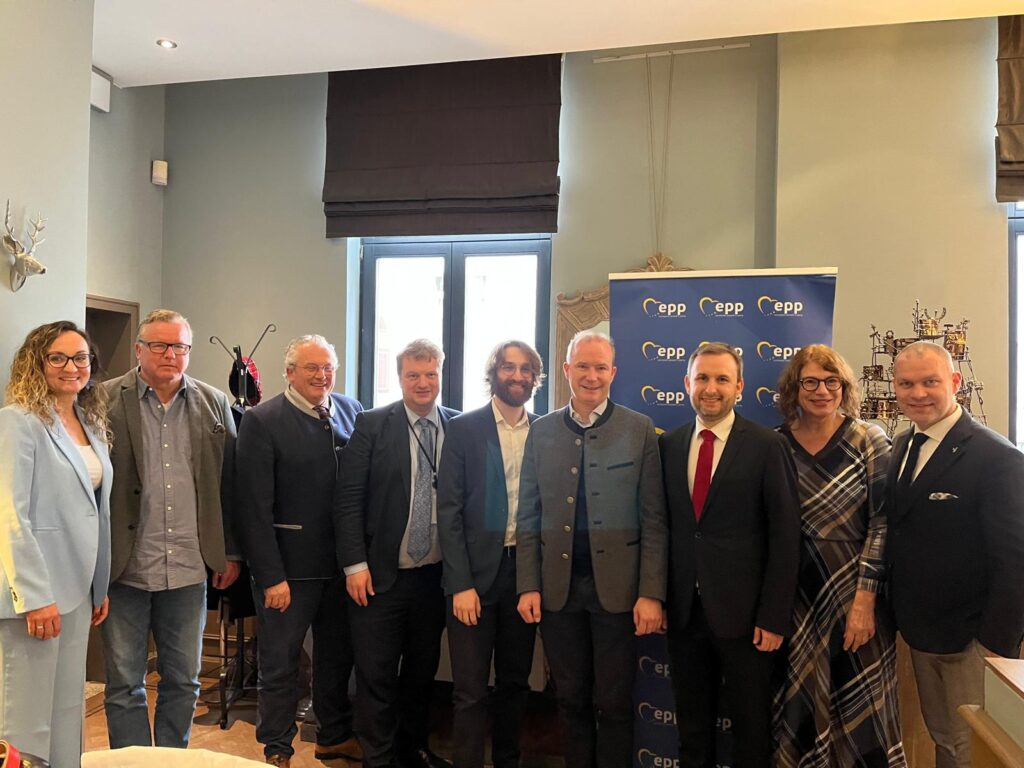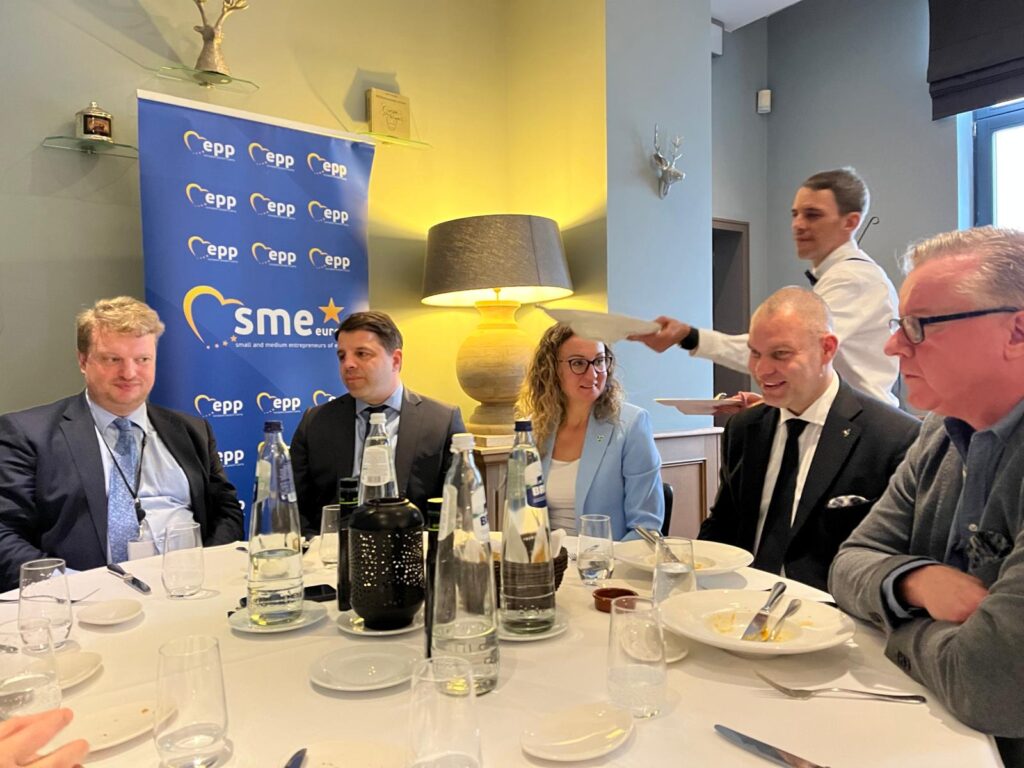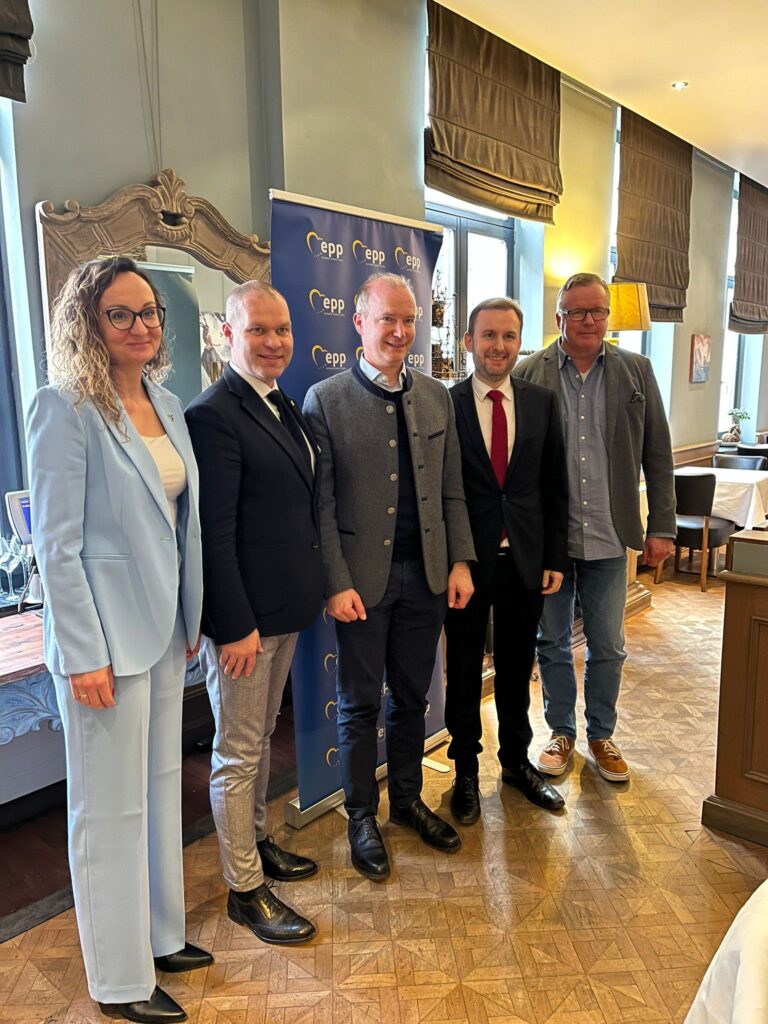Practical Exchange and Connected Perspectives: EU Economic and Political Outlook Insights

On Wednesday, 20 November, SME Europe held a working lunch titled “Practical Exchange and Connected Perspectives: EU Economic and Political Outlook Insights”. The event began with an overview of the EU’s political situation following the recent elections. The discussion provided insights into what can be expected from the new European Parliament and Commission, focusing on legislative priorities and potential shifts in policy direction.
Following this, participants delved into the topic of self-employment and entrepreneurship as critical drivers of Europe’s economic innovation and resilience. Discussions highlighted the importance of creating a more supportive framework for one-person companies (OPCs) and independent professionals, emphasizing their role in fostering economic adaptability and growth.
A central part of the discussion revolved around the general challenges faced by OPCs and the self-employed across Europe. These include excessive administrative burdens, inconsistent regulatory frameworks across member states, and limited access to financing. Participants also noted the lack of tailored social security solutions and difficulties in accessing cross-border opportunities, which undermine the sustainability and growth potential of the self-employed. Additionally, the often-overlooked recognition of self-employed professionals as key contributors to the economy was seen as a gap requiring immediate attention.

Participants then explored how public-private partnerships, franchising models, and cooperative ventures can provide aspiring entrepreneurs with pathways to self-employment while mitigating risks. These models were identified as effective tools to lower entry barriers, offering shared resources, established networks, and structured support. Such approaches were discussed as practical solutions for individuals hesitant to embrace full entrepreneurial risks.
While the potential of digital tools and AI to improve efficiency and expand opportunities for OPCs was briefly acknowledged, the discussion focused on addressing immediate needs: reducing bureaucratic obstacles, improving access to resources, and fostering a more inclusive entrepreneurial environment.
All participants agreed that OPCs and self-employment need greater visibility at the EU level and stronger representation in policymaking to ensure their vital contributions to Europe’s economic future are recognized and supported.


